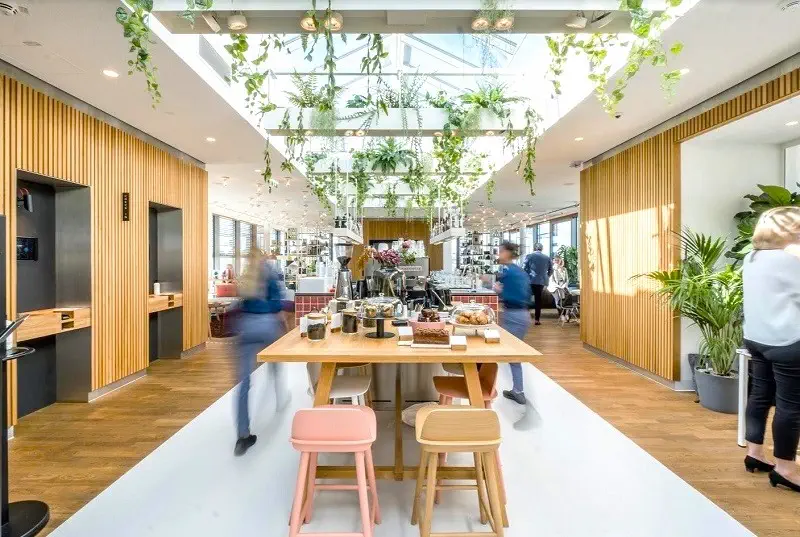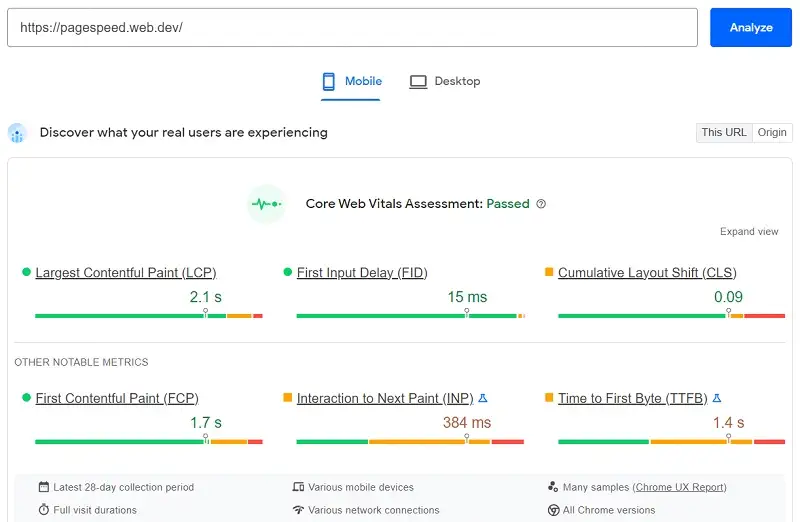

Today’s traveler’s journey is more fragmented than ever. With the recent proliferation of new travel super apps, distribution Goliaths such as Google and Expedia updating their ranking algorithms at a frantic pace, and the seemingly unstoppable growth of metasearch engine traffic, building and executing an effective hotel marketing strategy can seem intimidating . Maintaining a holistic, cross-channel approach is essential and always is highly-recommended by our hotel revenue management consulting and hotel management company.
The primary goal of a robust hotel marketing plan, in fact, is to increase your brand visibility (and to do so transversally), ensuring that your property is bookable wherever your potential customers choose to research their trip. Mapping your guest’s journey becomes, therefore, critical to success.
In this article, we will cover 15 best practices to create a solid marketing plan and strategy for your property:
Maximize Your Hotel Revenue
Uncover the hidden revenue potential of your hotel or resort.


In August 2022, the Expedia Group released a new algorithm update that affects how properties appear in the OTA’s search results. The new factors do not only take into consideration the strength of the listing itself, but also give particular importance to “how frequently your property delivers great experiences to guests (…), taking into account relocation and refund rates, average ratings from cleanliness, amenities, room comfort, staff and service, and the property as a whole.”
The fact that one of the world’s leading OTAs concentrates so much on the guest experience proves this aspect’s importance. As we like to say at XOTELS, “you cannot oversell but only underdeliver”.

Talking about websites in 2022 can seem like an anachronism. Still, your official website is still your most effective marketing tool, whether your direct traffic comes from SEO, paid search advertising, newsletter, social networks, or metasearch engines. There are countless aspects to consider when creating a website, but make sure to follow these essential rules:

The use of social media in the hospitality industry is controversial, mainly because we tend to analyze our marketing results by exclusively looking at last-click attribution. If it’s true that social media rarely play any role during the final step of guests’ reservations, they do in the first micro-moments of the booking journey.
Make sure to engage your guests with enticing content and encourage them to share their positive experiences. On top of that, pick the right platforms based on your customers. Looking to get more business travelers? Focus on LinkedIn and Twitter. Leisure, adult travelers? Facebook and Instagram are the logical choices. tIf you want to increase your visibility amongst younger audiences, on the other hand, you may want to invest in TikTok, Pinterest, or Snapchat. If you’re trying to boost your visibility in Asia, it’s worth exploring alternative platforms such as WeChat, Sina Weibo, LINE, SNOW, Youku, Qzone, or Naver. But, as goes for every strategy, no success is guaranteed, and focusing on too many platforms might at the same time might only work against you.
Finally, when it comes to influencers, always make sure to ask for analytics before signing a contract. You want to know their followers’ demographics, to avoid bad surprises, and ensure they align with your potential customers.
Streamline Your Hotel Operations